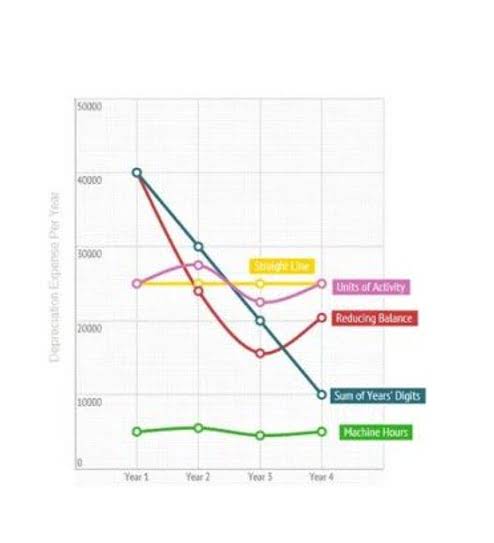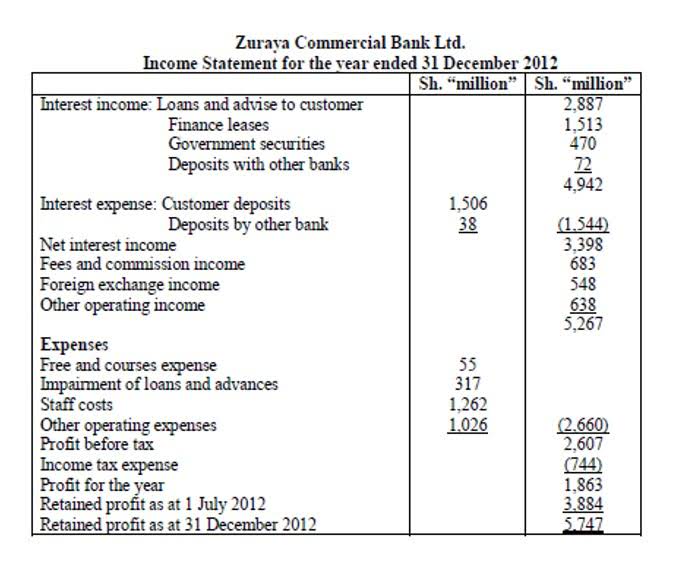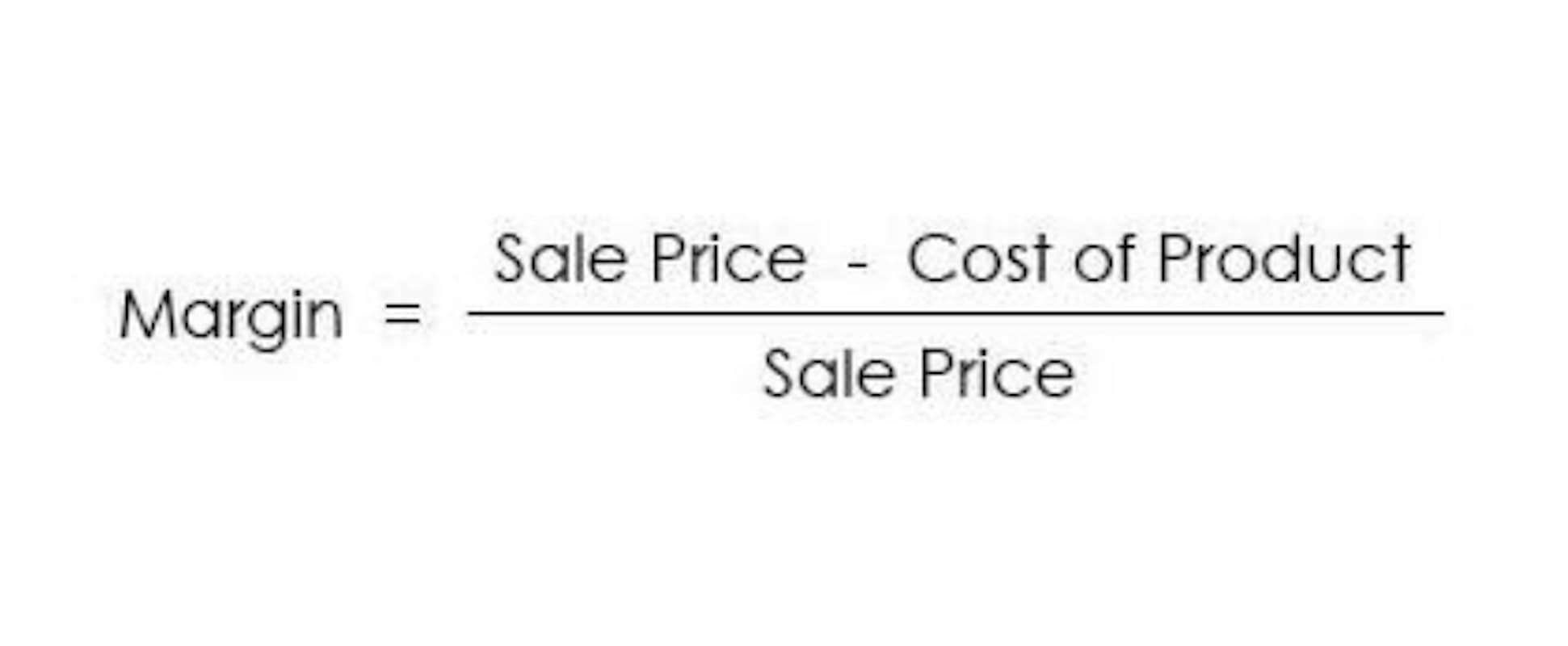
Hotel industries are always on cliffhangers, not knowing whether they will face a loss or break even. In such situations, one cannot simply draw budgeting conclusions based on previous years’ data. There are different types of budgets that businesses adopt based on what fits them better.
Create accurate forecasts to drive decisions
Other than small do-ups, some involve big investments like changing the furniture or redesigning the garden area. Many businesses in the hospitality industry rely on automated reservation and billing applications. They also invest in branded domain names and websites (along with plug-ins such as chatbots).
Is financial aid available?
- Expenses are typically broken down into department expenses and general operating expenses.
- Rooms and Food & Beverage are typically the largest departments, with other departments summarized on the operating statement.
- Typically, cash flow analysis combines both to predict where and when revenue rains in.
- This is usually a shared task, where revenue managers create a revenue budget, and hotel managers work on cost budgeting.
- The « Foundations of Hotel Budgeting and Forecasting » course is designed to equip learners with the essential skills and knowledge needed to excel in the dynamic hospitality industry.
- A budget helps hotels optimise their resources, maximise profitability, and allow for adequate allocation of funds, ensuring that resources are distributed to areas that will generate the greatest return on investment.
For one thing, it helps you predict what your hotel’s occupancy and RevPAR will be during the next year so that you can allocate costs and plan your internal operations accordingly. The more precise your budget is, the more efficiently your operations will run. A detailed annual budget will also help you plan the right levels of inventory and human resources so that you are prepared for high and low occupancy periods. Book a demo of Otelier TruePlan to learn more about using modern tools for more accurate and efficient budgeting and forecasting processes across your business. Ultimately, the finalisation and implementation of the budget are critical steps in the hotel’s financial planning process.
What comes first cash flow or balance sheet?
- These goals serve as benchmarks for success and provide a framework for evaluating the effectiveness of budgeting strategies and resource allocation.
- You must still apply your knowledge, experience, and intuition to interpret and use your data effectively.
- Kim is a full-time copy and content writer with many years of experience in the hospitality industry.
- In addition, monitoring the variance will show what you can expect the hotel’s financial performance to look like in coming year.
- We have, and it’s a nightmare, both for you and your company’s performance.
Guidance like this is helpful for team leaders, especially those who are new to the process, Lund advises. Once you’ve identified all the people that will be part of this process, you need to assign tasks and deadlines for completion.


Regularly review future group data to identify trends early, optimize rack rates, or make budget adjustments that maximize revenue and minimize potential hotel expenses related to group business. This module establishes the fundamental concepts of hotel budget. You will grasp the importance of budgeting, learn essential terminology, and understand the role of forecasting in effective decision-making. Align your budgets and improve projections with Hotelier Books Budgeting module. Discover the best budgeting and forecasting practice for your multi‐unit hotel departments with statistics. A budget goes beyond a simple ledger of income and expenses; it is a powerful strategic tool that serves multiple functions for a hotel.

Fixed budgets
Incorporate productivity trends into your future hotel budgeting efforts to account for additional staffing needs during high-demand periods or other identified periods. With Otelier’s advanced budgeting and forecasting software, you can harness predictive models and hospitality-specific drivers to optimize your portfolio’s financial planning. For example, the individual departments within a hotel, such as housekeeping and catering, should all create their own budgets in line with their anticipated revenue and expenses. These budgets can then be consolidated into an overall hotel budget by your hotel’s financial staff. The general manager can then review this annual budget for the year and adjust where necessary.
This approach ensures that resources are allocated strategically and that investments are made in areas that will impact the hotel’s success the most. The survey revealed that 50% of respondents ranked revenue-boosting strategy management as their top priority, closely followed by digital marketing activities. Interestingly, hoteliers mentioned that they would allocate a smaller portion of their budget to staff training and recruitment, indicating a shift towards investing in newer skills like SEO.
Once the budget has been finalised and distributed, regularly monitoring and evaluating the progress is needed to ensure the set financial targets can be achieved. This ongoing monitoring allows for timely adjustments, if necessary, to https://www.bookstime.com/ ensure that the budget remains aligned with the hotel’s objectives. By breaking down the allocation into these sub-categories, hotels can have a more detailed and comprehensive budget that addresses their specific needs and priorities.
